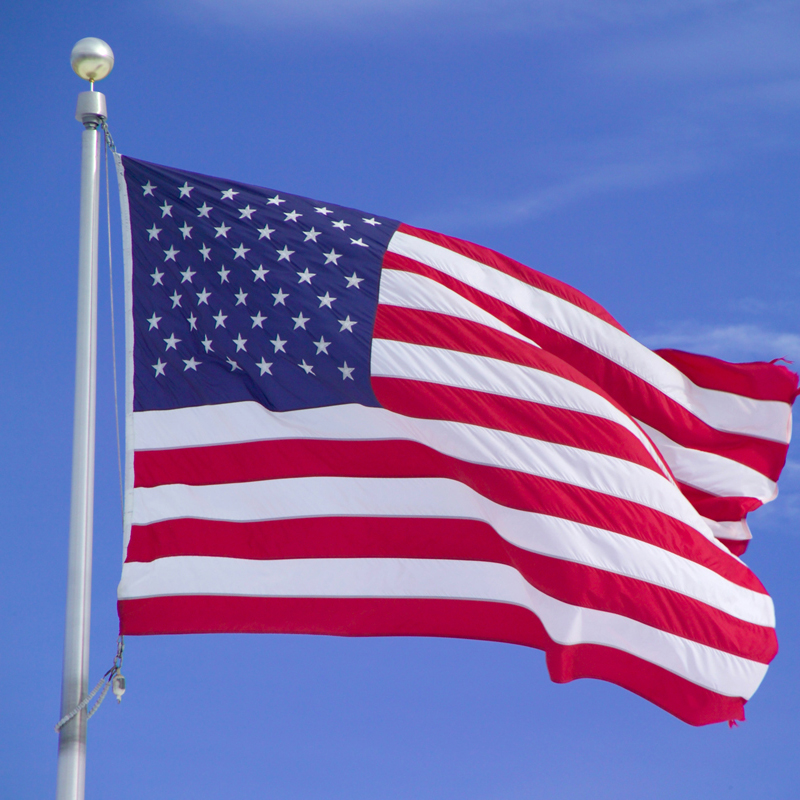US President Barack Obama answered rising criticism of his use of drone strikes in places beyond Afghanistan, laying out strict guidelines Thursday and opening an unprecedented public window on the workings of the secretive programme, dpa reported.
In a major speech on national security and counterterrorism at the National Defence University in Washington, Obama defended the legality of the programme under US and international law, citing the 2001 authorization by Congress for the president to wage war on the terrorist network al-Qaeda and its Taliban allies.
"Al-Qaeda and its affiliates try to gain a foothold in some of the most distant and unforgiving places on Earth," Obama said. "They hide in caves and walled compounds. They train in empty deserts and rugged mountains."
An estimated 400 drone strikes have been carried out since 2004, the majority in Pakistan, but also in Yemen, Somalia and North African countries. An estimated 3,500 people have been killed, according to the Long War Journal and other independent studies.
"These strikes have saved lives," Obama said.
Obama said current drone actions are bound by "respect for state sovereignty" - and when no other government can address the threat.
Pakistan's High Court this month declared the strikes a war crime and authorized the government to shoot them down - raising the prospect of continuing tensions between Washington and Islamabad.
Obama acknowledged civilian deaths in some drone strikes and said the "new technology raises profound questions."
"To say a military tactic is legal or even effective is not to say it is wise or moral in every instance," Obama said.
The same ingenuity that created the technology to strike half a world away "also demands the discipline to constrain that power - or risk abusing it," Obama said.
To increase transparency, he said his administration was reviewing proposals to be discussed with Congress that would "extend oversight of lethal actions outside of war zones." The options could include a special court in the judicial branch or a special independent oversight board within the executive branch.
Currently, the White House oversees the list of individuals being targeted by drones, and attacks by the unmanned, remotely operated aircraft outside of Afghanistan are largely carried out by the CIA.
Obama revealed that Congress is briefed on "every strike" that uses drones outside of war zones, dispelling criticism that Congress has no oversight.
Obama acknowledged the blowback effect of drone attacks in fueling anti-US sentiment but insisted the policy was less provocative than sending in troops, which could "trigger a major international crisis."
"Let us remember that the terrorists we are after target civilians, and the death toll from their acts of terrorism against Muslims dwarfs any estimate of civilian casualties from drone strikes," Obama said.
Obama signalled that the "boundless" concept of a global war on terror must be redefined to a narrower effort that targets only specific threats to the United States, and declared that the core of al-Qaeda in Afghanistan and Pakistan is "on a path to defeat".
"America is at a crossroads," Obama said. "Neither I, nor any president, can promise the total defeat of terror."
The country must remain vigilant for attacks from other directions and be vigilant about localized threats like the attacks in Benghazi and at the BP oil facility in Algeria, as well as homegrown terrorism such as the bombing at last month's Boston Marathon, Obama said.






